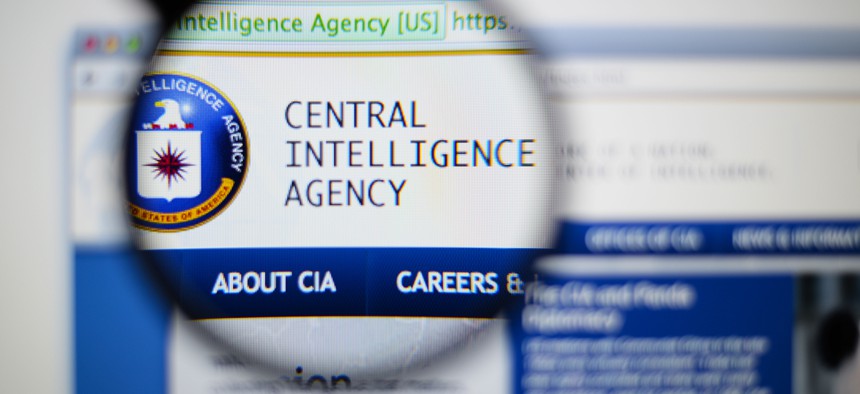CIA, NSA Offer Startups More Than Money

Gil C/Shutterstock.com
The intelligence community can serve as a test-bed for startups pitching AI and other emerging technologies.
Startups can pave the way for federal adoption of emerging technologies like artificial intelligence and machine-learning, but the government can offer them something in return—and it’s not just money.
Working with the government can give small companies a leg up on their competition, said John Kammerer, technical director of high-performance computing solutions at the National Security Agency. The NSA can serve as “a really good barometer” for what major companies will be looking for a few years down the line, he said, and startups that develop technology with the government could establish themselves as an early player in a developing market.
As the government’s ability to collect data continues to outpace its ability to analyze it, many agencies find themselves unable to make sense of the avalanche of information flooding into their servers every day. Intelligence officials appeared Thursday at NVIDIA’s GPU Technology Conference to discuss the importance of building bridges between Silicon Valley and Washington.
“We still get things from the big [contractors], but the innovation is really happening at a lower level with the startup companies,” said Kammerer. “When we look for a technology, we have a mission problem we’re trying to solve,” he said, and smaller firms can sometimes tailor products to better meet specific agency needs than a large company can.
For many decades, the government was the main driver of technological advancement, but today the innovative power has largely shifted to the private sector, said Dawn Meyerriecks, deputy director for science and technology at the CIA. She said building relationships with the startup community is crucial for keeping the U.S. relevant on the international stage.
“There’s still a role for government to play,” she said, ”but if you look at where the R&D dollars have flowed and the capital has flowed, it’s in [the startup] community.”
One major area where Meyerriecks thinks startups can help the CIA is in fleshing out artificial intelligence and machine-learning tools to use more available information to make “billion-dollar decisions” on national security and other issues.
“We have a ton of data and a lot of it goes unexamined, which is a shame because it costs a lot to collect it,” she said. “Decision time matters a lot and accuracy matters. The more data you can look through quickly to get to the things that stick out, the better off you are to support security missions.”
Though taking on a federal project can be daunting for a fledgling company, Meyerriecks said the government can provide the early funding and guidance needed to propel them to future success.
“Once we are in, we are all in,” she said.






